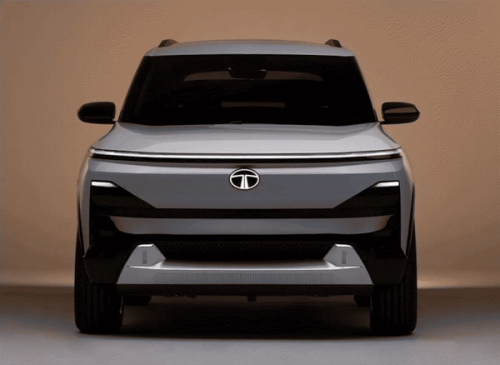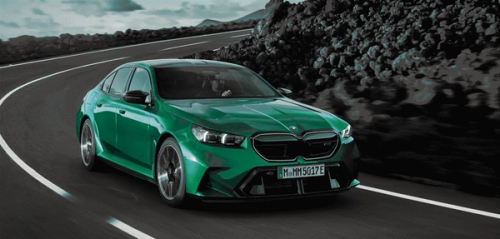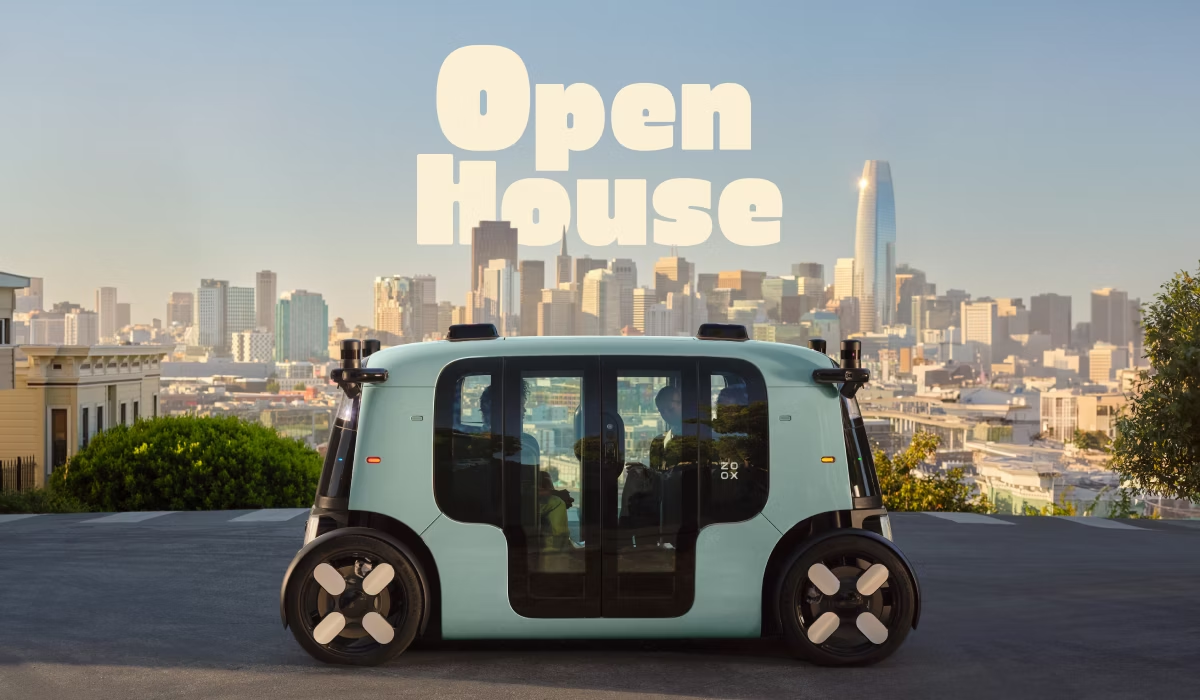Home
>vehicle-tech-news
>The Subscription Revolution: How “Vehicle-as-a-Service” (VaaS) Could Redefine Car Ownership
The Subscription Revolution: How “Vehicle-as-a-Service” (VaaS) Could Redefine Car Ownership
11 Nov 2024
36
By chronicle tech

Source: Zoox
In the next decade, vehicle ownership as we know it may look very different. Welcome to the era of Vehicle-as-a-Service (VaaS)—a flexible, on-demand model where users pay for temporary access to cars rather than buying them outright. For many, VaaS means saying goodbye to costly maintenance, insurance, and the commitment of owning a single car. And with younger generations prioritizing flexibility and sustainable choices, the allure of this model is clear. But what does this shift mean for car manufacturers, insurers, and urban infrastructure?
Impacts on the Auto Industry: Can Manufacturers Adapt?
In a world where consumers no longer feel the need to own cars, manufacturers face a transformative challenge. Rather than focusing solely on production, car companies must pivot to a service-oriented approach, prioritizing fleet management, maintenance, and software integration. Companies like Volvo, Porsche, and BMW are already testing subscription services. For automakers, VaaS isn’t just about renting cars—it’s about building a long-term customer relationship through service experiences and branding.
A New Role for Insurance: Subscription-Friendly Policies
Traditional auto insurance models are built on the foundation of ownership, but VaaS demands flexibility. Insurers will need to develop short-term, mileage-based policies that adapt to user preferences. This shift will require new approaches to underwriting and risk assessment, with an emphasis on usage patterns rather than ownership history. Some insurance companies have already begun exploring models like “pay-as-you-go” and “pay-per-mile” coverage, which align well with the needs of VaaS users.
Consumer Benefits: Freedom from the Burdens of Ownership
For many, the appeal of VaaS lies in the flexibility it offers:
- Lower Costs: Subscribers avoid significant down payments and ongoing maintenance fees, opting instead for predictable monthly rates.
- Tailored Options: Drivers can access a range of vehicle types, from SUVs for road trips to compact cars for city commuting, depending on their needs.
- Reduced Hassle: No need to worry about depreciation, reselling, or upkeep—drivers simply swap vehicles as needed.
As consumer lifestyles evolve, VaaS could align with the preferences of an increasingly mobile, experience-focused generation.
Environmental Implications: Could VaaS Reduce Urban Congestion?
Fewer individually owned cars on the road could mean less congestion, lower carbon emissions, and a smaller urban footprint for parking lots. Cities would no longer need to support the volume of cars that private ownership demands. Instead, shared, on-demand fleets could optimize space by reducing idle vehicles. Research suggests that car-sharing services could replace 7-10 privately owned cars per shared vehicle, potentially reducing traffic and pollution in urban centers.
“With VaaS, cities can repurpose parking spaces for green spaces, bike lanes, and pedestrian zones,” says urban planner Malik Torres. This shift could improve quality of life, reduce pollution, and help combat climate change.
Looking Ahead: Could VaaS Become the Norm?
While Vehicle-as-a-Service is still emerging, its potential is enormous. Auto manufacturers may increasingly pivot to service-based revenue models, insurance companies will need to innovate, and consumers may embrace a new, more flexible relationship with cars. As urban centers strive for sustainability, VaaS could pave the way for a future where transportation is a service, not a commodity.
One thing is clear: the journey to reimagining car ownership has begun. Are we ready to take the wheel?








